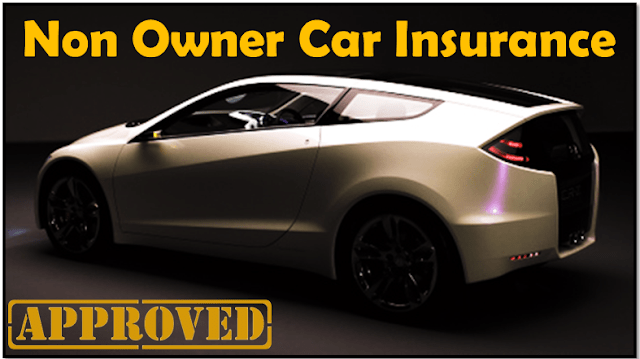Qualifying Criteria for Non-Owner Car Insurance
Did you know that nearly 30% of drivers in the U.S. don't own a car? For these individuals, non-owner car insurance becomes a practical solution. To qualify, you need a valid driver's license and must meet your state's minimum liability requirements. However, understanding the nuances of this insurance type can be complex. What factors could influence your premiums or coverage options? Let's explore what you need to know further.
When you don't own a vehicle but still need to drive, non-owner car insurance can provide the necessary coverage to protect you legally and financially. To qualify for this type of insurance, you must meet specific criteria. First, you need a valid driver's license. Without this, you won't be able to secure coverage, as the insurance companies require proof that you're legally permitted to operate a vehicle.
Non-owner car insurance offers essential coverage for drivers without a vehicle, requiring a valid driver's license for eligibility.
Additionally, you mustn't own a vehicle, whether personally or through other means. This stipulation guarantees that non-owner insurance is tailored for individuals who primarily rely on borrowed, rented, or shared vehicles. In addition, you shouldn't have access to a household vehicle. If you live with someone who owns a car, you mightn't be eligible for non-owner coverage, as insurers typically view that access as a potential liability that could affect your risk profile. Furthermore, non-owner policies are designed to protect individuals who do not have a personal vehicle, ensuring that the coverage remains relevant to their unique driving situations.
Your eligibility also hinges on compliance with state-specific insurance requirements. Each state has its baseline for liability coverage, and you must meet these minimums to legally drive. Non-owner insurance often serves as a legal compliance tool, particularly for individuals who need to file SR-22 forms. An SR-22 is a document that proves you carry the required insurance, and non-owner policies can fulfill this need, allowing you to drive legally without owning a vehicle.
When considering non-owner car insurance, it's essential to understand the various driving situations it covers. It applies when you borrow a friend's car, rent a vehicle, or use car-sharing services. If you frequently rent cars, having this insurance can provide peace of mind, knowing you have additional coverage. Furthermore, businesses can utilize non-owner insurance for employees who drive non-company vehicles, protecting them from potential liabilities.
The coverage provided by non-owner insurance primarily consists of liability coverage. This includes bodily injury and property damage protection, which safeguards you against costs arising from accidents while driving a vehicle that isn't yours. You'll be covered for medical expenses for others injured in an accident and for damages to their property. This aspect of the insurance is essential, as it helps you meet state minimum liability requirements, confirming you're compliant with the law. Additionally, non-owner insurance is ideal for individuals using car-sharing services, as it offers protection when driving vehicles that are not owned by them.
Several factors influence the premiums for non-owner insurance. Your driving record plays a significant role; a clean record usually results in lower premiums. Coverage limits also affect costs, as higher limits provide better protection but may increase your premium. Different insurance carriers offer varying rates, so shopping around can yield better deals. Your location can impact your rate, too—urban areas often see higher premiums due to increased risk. Finally, your credit score might influence your premiums, with better scores potentially leading to lower rates.
Conclusion
In conclusion, qualifying for non-owner car insurance isn't as complicated as it may seem. As long as you have a valid driver's license and meet your state's liability requirements, you're good to go. This coverage is a safety net for those who don't own a vehicle but still hit the road, ensuring you can drive without a hitch. So, don't let the lack of a car hold you back—get the protection you need and drive with confidence.

